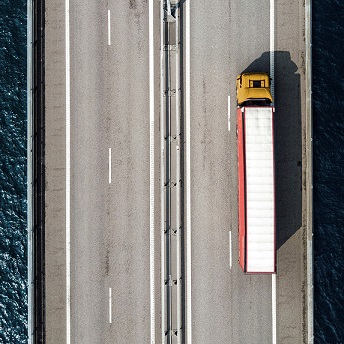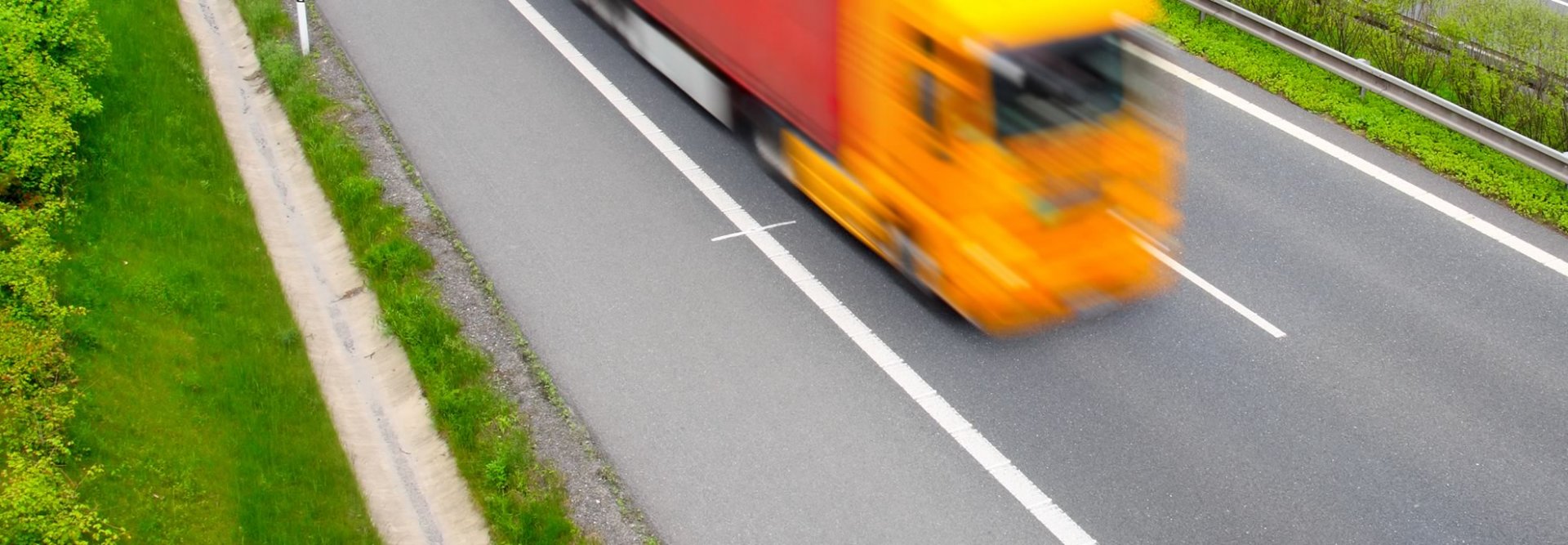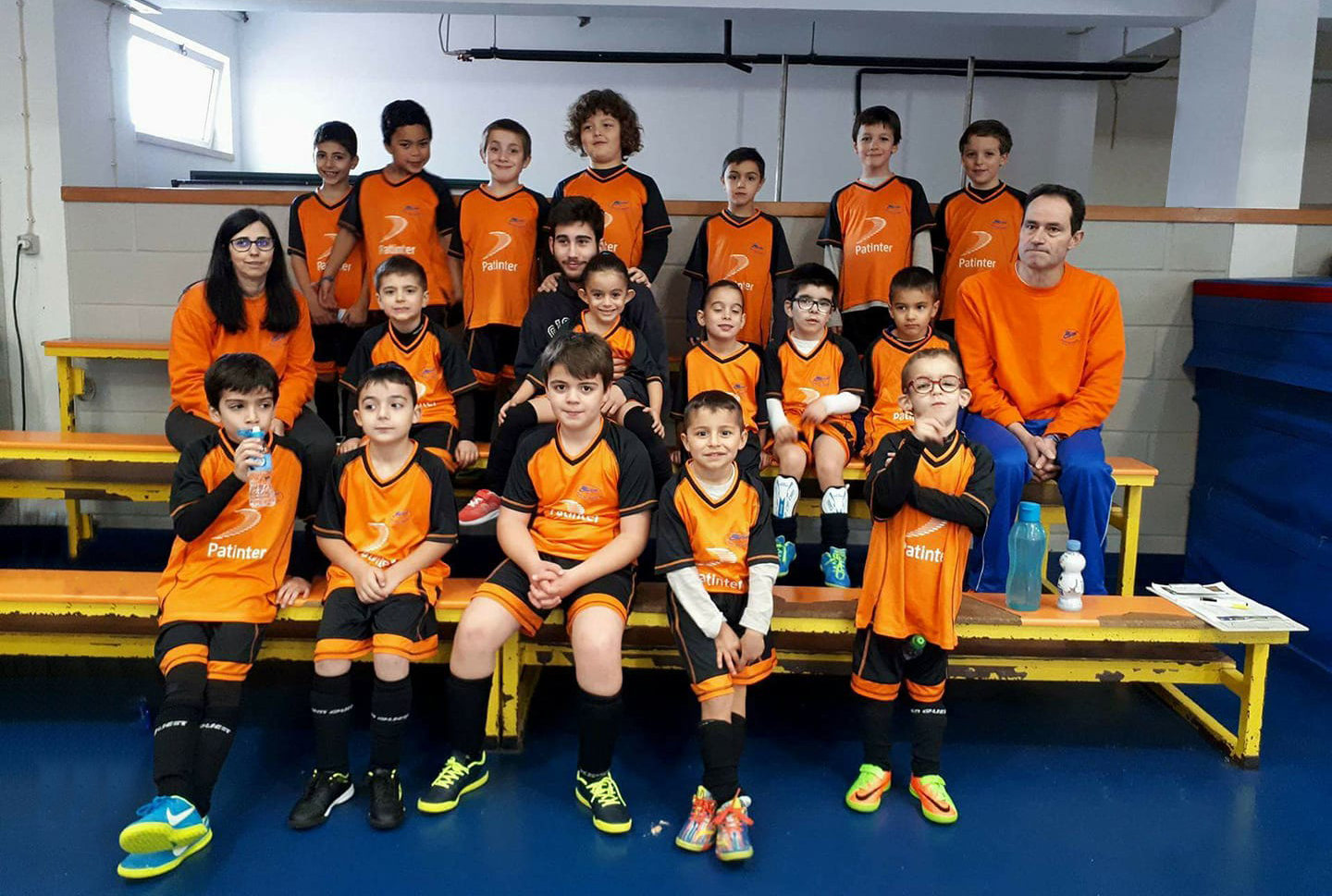
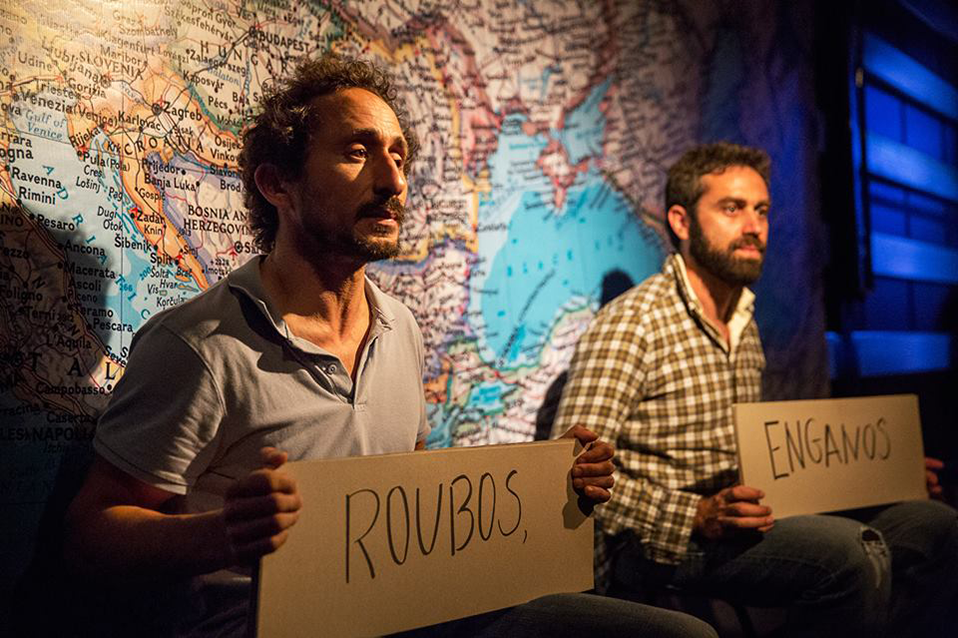
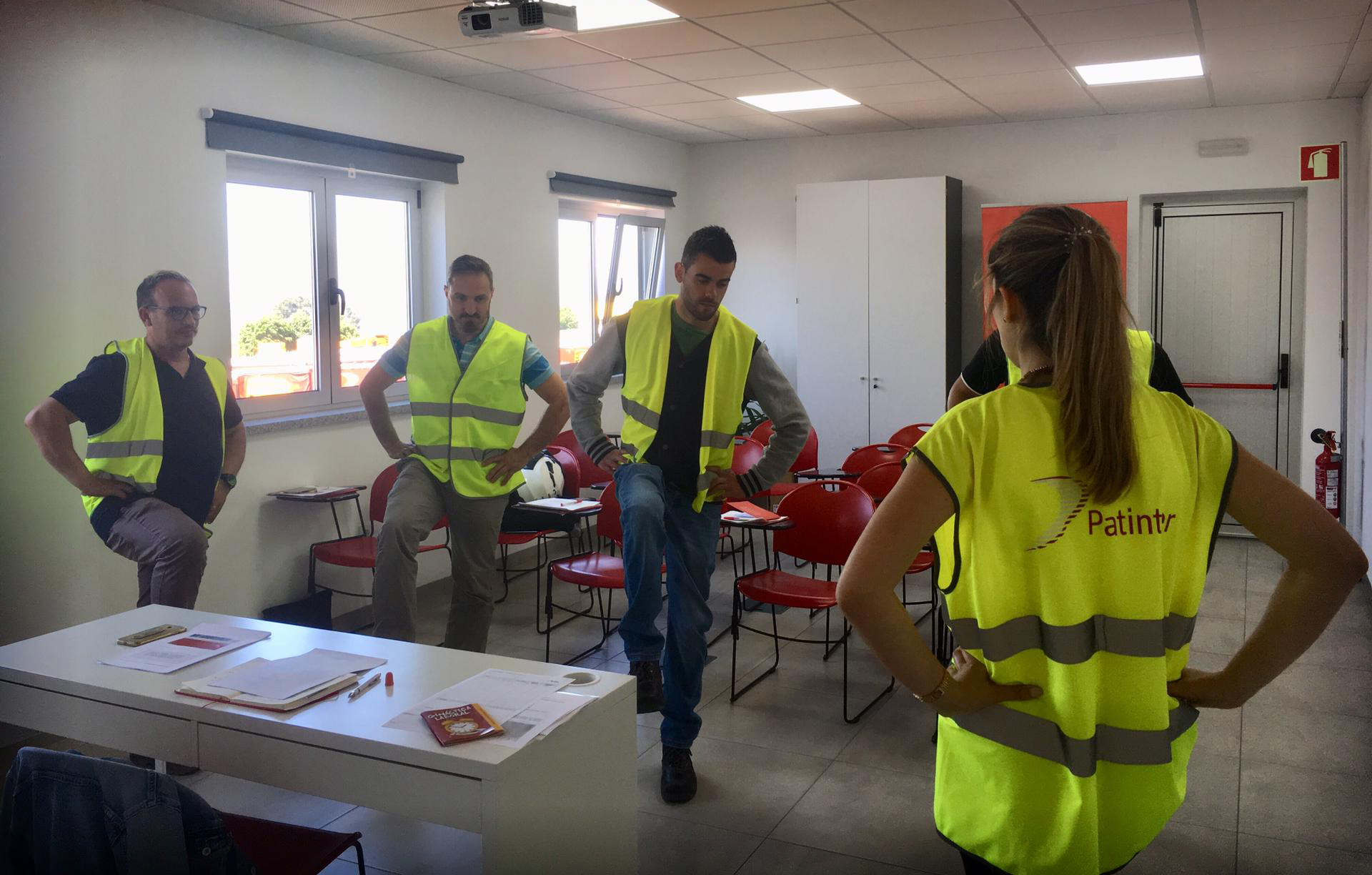
The project Viver Mais - Living More is a quality of life project created and designed by Patinter and aims to give employees a sense of well being, health, balance, satisfaction, pleasant and safe working environment.
The project Living More has a global view of the employee, based on the philosophy of the concept of WHO - World Health Organization, which is concerned to promote the full ' physical well-being, mental and social and not only the absence of disease and infirmity '.
This project guides employees to a growing process of valuing life, by acquiring healthy habits and customs, functional behaviours and consistent attitudes with the potential of each one.
The project is divided into four lines of action, Health, Wellness, Ergonomics and Labor Gymnastics.
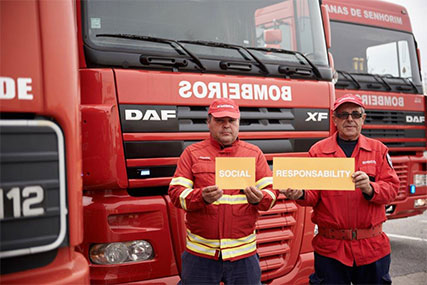
At Patinter, we are daily committed to inclusion as a way of working, as well as to the promotion of a fairer and more equitable society. As an employer, we assume equal opportunities and welcome all employees, regardless of their nationality, religion, gender, age or sexual orientation. For us, each person is unique and should be respected for their individuality, because we believe that it is based on the defence of diversity that we trace a more assertive route towards a better world, free of prejudices and stereotypes.
